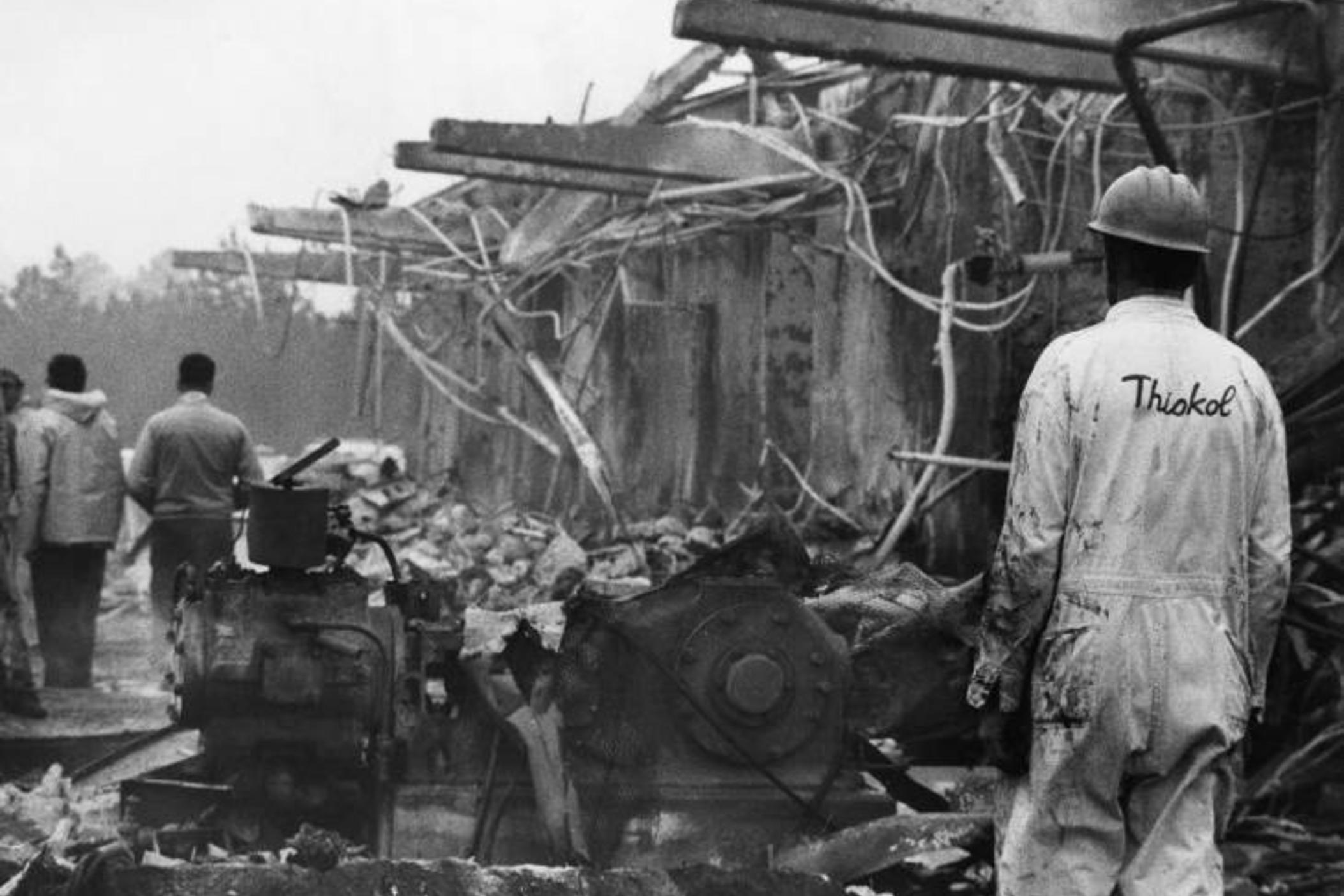New You can now listen to Insurance Journal articles!
Half a century ago, an explosion ripped through a Georgian factory that made flares used by the military in the Vietnam War, killing 29 workers and injuring 50 others.
But today, few people remember the Woodbine accident, the dangerous conditions the employees worked in and the small amount of compensation injured survivors and family members subsequently received, according to a recent report by the Southern Poverty Law Center.
“There is no scholarship about it,” said Melissa Jackson, whose mother and cousin were killed in the 1971 explosion. “There is no historical memory or understanding of this. For me, the memory of the whole day is still very vivid and very painful and very clear. But apart from those few of us who remember it, it is as if it has been erased .
Local students in the coastal community learned little about the incident and little research was done.
The Alabama-based Law Center, which has been advocating for the rights of oppressed and impoverished people in the United States since the early 1970s, hopes to raise awareness about the explosion and its aftermath. The nonprofit said it awarded $50,000 to the Thiokol Memorial Project in Woodbine last fall.
The project museum has some 350 artifacts from the disaster on display there, but it is run mostly with the help of volunteers and is trying to secure a larger tract of land that can serve as a memorial to the victims, the Law Center reported.
The blast and its remembrance also highlights how victims were compensated, compared to what might be available today. The Law Center article noted that the US government, which contracted with Thiokol Chemical Co. to manufacture the flares, argued that the victims had no right to legal claims.
After years of legal battles, a federal judge found the government guilty of negligence. Reports showed that the army had discovered that the materials used to make the flares were so explosive that the Thiokol factory would have to be closed and rebuilt to make it safer. But the military has not shared its findings with the manufacturer.
Some of the most seriously injured victims received more than $100,000. Under Georgia’s workers’ compensation laws at the time, however, death benefits for dependents of deceased workers were limited to $17,000, or about $123,700 in today’s dollars.
“These people who were hurt weren’t compensated well,” Arnold Young, a lawyer from Savannah, Georgia, told the Law Center.
The limit on dependent death benefits in the 1970s is considerably lower than the cap of about $270,000 allowed by law today, according to a national report produced by the Institute for Workers’ Compensation Research. That’s a significant improvement from the $230,000 maximum allowed just two years ago.
But not all dependents receive the maximum. Death benefits in 2022 are limited to two-thirds of the deceased worker’s weekly earnings, or a maximum of $675 per week, and spouses lose the benefit if they remarry. The maximum death benefit in Georgia is higher than Florida allows, but lower than the maximum allowed in Alabama.
For injured workers, Georgia continues to rank near the bottom in the United States in some types of entitled benefits, according to the WCRI report.
The Feb. 9, 1971, explosion resulted in some security improvements, the Southern Poverty Law Center noted. Federal safety inspectors routinely checked the remaining and rebuilt section of the Thiokol plant in Woodbine, and workers were trained in the use of fire extinguishers.
Photo: Aftermath of the Thiokol plant explosion in southeast Georgia in 1971. (Georgia Public Broadcasting)
Topics
Georgia
The most important insurance news, delivered to your inbox every working day.
Receive the trusted insurance industry newsletter

